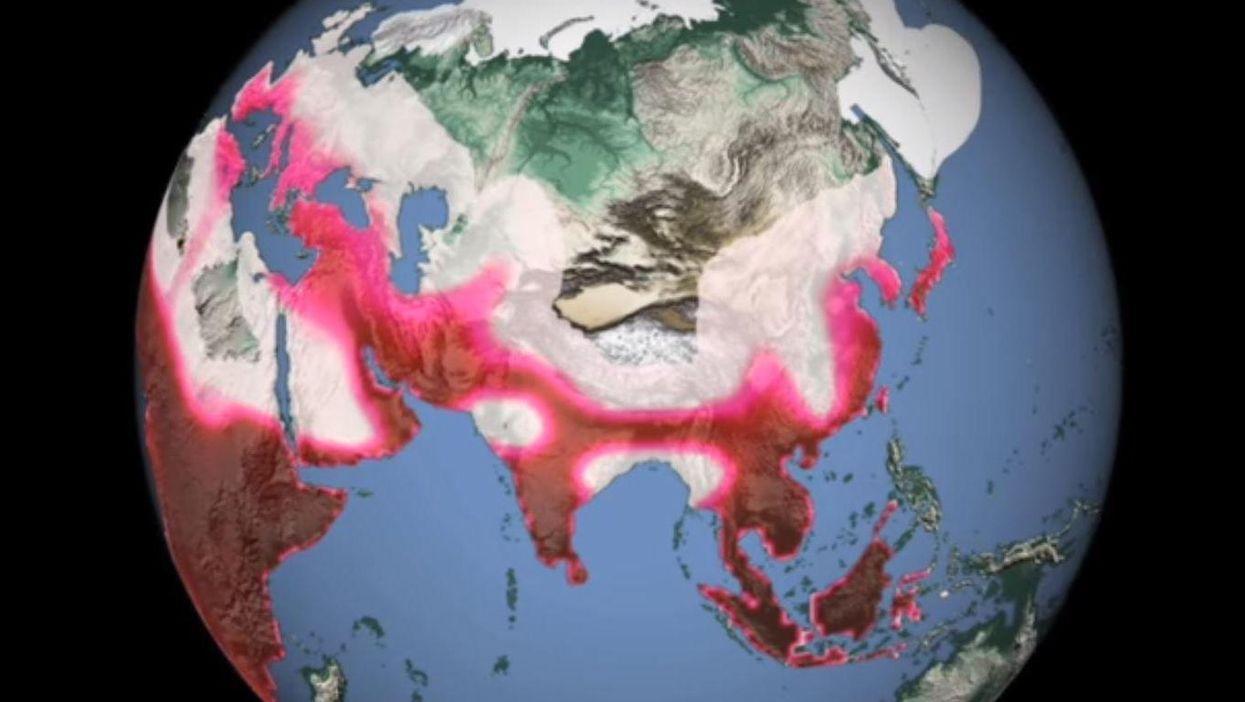
The 21st century heralded the beginning of the biggest refugee crisis in the history of the world, and conservative estimates from the UNHCR state over 65.7 million people are displaced.
Even without the political imperative to leave, ‘economic’ migrants are also travelling from their homes in search of a better quality of life.
In both instances, mass movement of populations were precipitated by man-made problems.

However, earlier migration is thought to have been the result of extreme environmental changes that compelled millions of people to leave their home.
Several new studies have attempted to find out whether historical migrations out of Africa by ‘non-Africans’ left in one single wave, or if the exodus was staggered.
They found something astonishing...
In the journal Nature, three sets of geneticists surveyed DNA from almost 1,000 people across different cultures and different parts of the world, and found that all non-Africans can trace their ancestry to one population that left Africa between 50,000 and 80,000 years ago.
And while humans had been living outside of Africa as early as 100,000 years ago, many died out and those that survived passed their genetic information to people today, allowing scientists to gather data about what might have caused the mass migration.
David Reich, of Harvard University, failed to find a DNA mutation that would explain the advancement in science and art at the time, confirming the hypothesis that the changes occurred as a result of the environment.
Joshua Akey another researcher of the University of Washington said:
The more we understand about this particular event in human history, the more it provides a complete picture of our past.
You can watch a video, which explains the migration pattern, below:
HT: New Scientist













